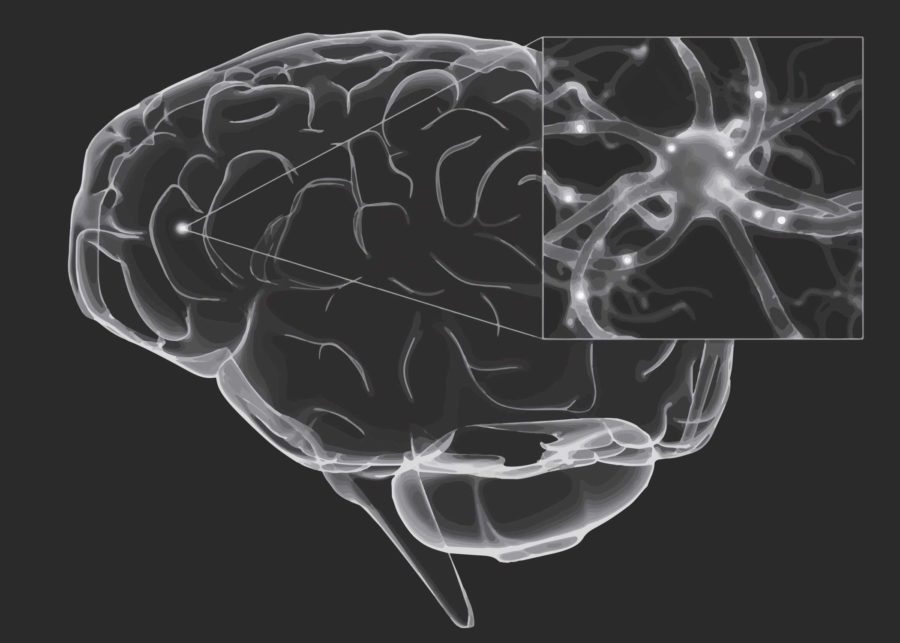The Food and Drug Administration is currently trying to avoid descending a slippery slope into granting the pharmaceutical industry permission to research and manufacture a range of drugs to treat the likes of depression and schizophrenia. The reason why it could pose an issue is because of the nature and illicit history of the drugs in question.
In a limited number of clinical trials, the anesthetic and analgesic pain numbing drug Ketamine has been shown to nearly reverse the symptoms of depression. A number of psychiatric journals have reported success with treating manic-depressive and PTSD patients with the party drug MDMA, also known as ecstasy.
Ketamine at least has a documented medical history. MDMA, on the other hand, has almost exclusively been illegal since its discovery and journey into the limelight. However, both are popularly used as euphoric hallucinogens in the rave music scene.
Pharmaceutical companies are looking to develop more clinical versions of these drugs to combat mental disorders. The FDA needs to give these companies a shot. I’m not usually one for promoting a pill as a cure for anything; I believe a lot goes into treating any mental or physical shortcoming the homeopathic way. But after doing some research into the nature of depression, party drugs make sense.
Here’s the sparknotes. Picture the cells that make up our brains as a tangled collection of cables that share data to other parts of the brain. The places where these “cables” connect to each other is called a synapse in the brain, and instead of binary data, synapses release chemicals called neurotransmitters.
People with depression release lower amounts of the NTs dopamine and serotonin from their synapses. To simplify, lets call dopamine and serotonin the “happy chemicals.” Depressed people don’t make enough of them, so they’re not happy. Ketamine and MDMA have proved to be exceptionally good at improving mood and outlook in dramatic ways; so much so that their popularity has exploded in the last two decades for recreational drug users that are looking for a potent high.
In other words, the people out in the field have figured out without the help of doctors that these drugs make them happy. Doctors have recently caught up in a safer, and more professional sense while closely guiding and monitoring their patients. With a professional background in the nature of mind-altering chemicals and their application as medicine, these doctors have reported long term positive effects of these drugs on patients who had a quantifiable, chemical lack of our aforementioned “happy chemicals.”
I have never been depressed. I know people who have. I also know people who write off depression as a “mental block” or a “choice” to self-harming. I don’t think it’s anyone’s choice to be sad, regardless of the potential life events or setbacks that might have triggered their descent into a black hole. But there haven’t been any developments in antidepressant drugs in the last decade; and if our best and brightest are saying that narcotics can help people who think that there is no help left, I say we give them a shot.



Katelin • Feb 24, 2016 at 11:10 am
After participating in a successful clinical trial at Columbia University, I have been getting monthly ketamine infusions for the last year and a half to rid myself of the symptoms of a previously debilitating treatment resistant bipolar depression. I was declared permanently disabled due to my conditions in 2011 by the Social Security Administration and because of these brilliant doctors and the drug ketamine I am not only thriving as a healthy individual but back to work full time in a rewarding career!! However, I’m forced to travel 6 hours from my home and pay tens of thousands in out of pocket expenses because my medical insurance provider considers the treatment “investigational.” What a pity, so many people could be helped!